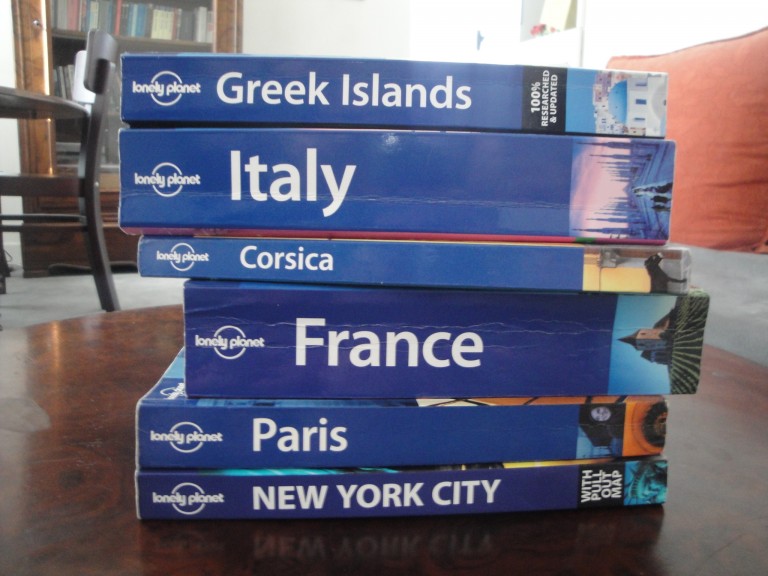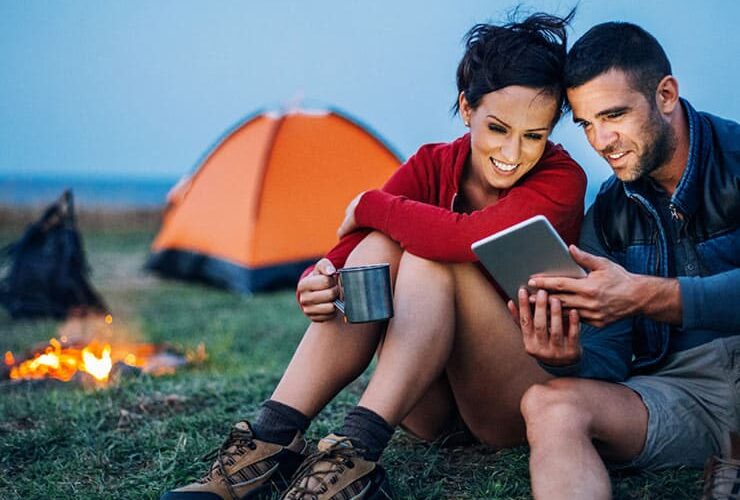When you arrive at your travel destination, the following advice will be helpful
- Always make eye contact and smile as you walk by; if they smile back, say hello in the local language.
- Don’t be afraid; the world is not as dangerous as the media makes it out to be. Keep an open eye, but don’t make it the focus of your trip. Exercise your common sense, and you will be fine.
- Keep an open mind, don’t judge the lifestyles of others if they are different from yours, listen to opinions you don’t agree with, practice empathy and put yourself in someone else’s shoes, and embrace different possibilities, opportunities, people, suggestions, and interests while being careful. Ask questions; you may be surprised at what you would learn because travelling is learning/knowledge.
- Meet local people and initiate conversation; basic English is spoken widely all over the world. You may also add hand gestures, facial expressions, and body language. People will enrich your travels more than sightseeing experiences.
- Take lots of photographs; you may only see these places and meet these people once in your lifetime. Pictures tell stories; don’t worry about looking like a “tourist.” Are you travelling to look cool? Seriously, no one cares; great photos are the ultimate souvenir.
- Laugh at yourself; sometimes you may guff when travelling to new places as a tourist. Rather than get embarrassed, laugh at yourself if you miss a bus, a train, or a flight; another will come.
- In addition to your credit cards, Carry extra cash; cash is accepted all over the world to have a backup for any emergency. Stash it in different places; I recommend at least a couple of hundreddollars’ worth. If you lose your wallet, your card stops working, or the ATM is out of money, you would be glad you did.
- I also advise that you ensure that the little cash in your possession is within the limit acceptable by your country of destination. It’s always safe to declare every currency available to you at the customs desk. Be honest about every answer you provide at the customs or immigration desk.
- Check and understand the exchange rate before you travel. Before you travel, notify your bank and credit card company.
- Be aware of any travel alerts and warnings for your destination.
- Do you have all required travel documents?
- Are you prepared for an emergency?
- Do you have photocopies of your itinerary and travel documents? Make two photocopies of all your travel documents in case of emergency or if your documents are lost or stolen. Have one copy with a friend or relation at home. It is always a great idea to let at least one person know exactly where you will be staying and how to contact you in an emergency. Carry the other copy with you, stored separately from the originals.
- Documents to make copies include passport ID page, foreign visa (if applicable), flight itinerary, hotel confirmation, airline ticket, driver’s license, credit cards, traveler’s check serial numbers
- Be adequately informed about local laws and customs. While travelling, you are subject to the local laws. Foreign laws and legal systems can be vastly different from your own, and so it is important to know what is legal and what is not legal. If you break local laws while abroad, you may be arrested and possibly face prosecution. Remember you are a tourist; stay focused and don’t get into trouble while having fun.
- Your health: Some countries require vaccination (i.e Yellow Card) or proof of inoculations or medical tests before entering their country. Before you travel, check specific information and contact. The foreign embassy of the country to be visited, CDC, or WHO
- If you feel sick abroad get help from Emergency Abroad.
- Find out what medical service your health insurance provider will cover overseas. If your insurance policy does not cover you abroad, consider purchasing a short-term policy that does; contact your travel agency for a medical insurance plan.



